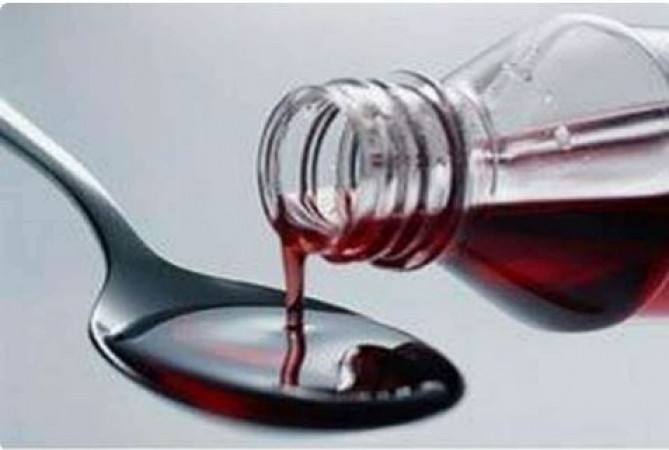
NEW DELHI: As per a document from Prime Minister Narendra Modi's office, India is considering changing its pharmaceutical industry policy after cough syrups made in the country connected linked to the deaths of children overseas. The reports noted that "important things" about the industry had been "overlooked."
A brainstorming session was arranged in Hyderabad, in southern India, "to find a solution to exported cough syrups that killed children". Health Minister Mansukh Mandaviya and the state regulators attended the session in February, as pera statement from the Health Ministry that did not mention cough syrups. The document from the Prime Minister's office stated that "important things" had been "overlooked" and that "tweaking in policy is mooted." Nothing more was provided.
According to a source with knowledge of the situation, the policy modification may result in greater regulation of India's $41 billion pharmaceutical sector, which is the world's largest supplier of generic medications.
One of the actions being thought about is increasing testing of cough syrups and drug-related raw materials in general. The Prime Minister's office appears to have addressed the cough syrup controversy for the first time in the statement, which has not previously been publicised. A request for comment was not answered by the Health Ministry or the office of PM Modi.
The Central Drugs Standard Control Organisation (CDSCO), India's drug enforcement agency, has suggested testing cough syrups at government labs before to export, according to news source News18.com on Tuesday.
Last year, the World Health Organisation (WHO) found that cough syrups produced by an Indian pharmaceutical company had unsafe amounts of the poisons diethylene glycol and ethylene glycol, which caused at least 70 children to pass away in the Gambia. India disputes the idea that the syrups were to blame for the fatalities. The WHO claims it has been unsuccessful in its efforts to identify the offender in the supply chain.
With the arrest of three of its employees, India has taken action against a second Indian company whose cough syrups were suspected of being responsible for the deaths of 19 children in Uzbekistan. The WHO discovered that a third Indian medication manufacturer had shipped contaminated syrups to Micronesia and the Marshall Islands.
Health officials in India are worried that the instances involving contaminated syrups may hurt their country's pharmaceutical industry. Earlier this month, an Indian official took part in a gathering of international drug regulators in Indonesia to talk about strategies to guarantee the security of the pharmaceutical supply chain.
"The participating authorities expressed their deep commitment for immediate, short, medium, and long-term actions to strengthen the regulatory systems in safeguarding patients from contamination in medicines," a WHO spokeswoman said.
Drug regulators must make sure that medications adhere to the norms of the Indian Pharmacopoeia (IP), according to a warning that the Indian regulator CDSCO wrote to all states on April 21 and that Reuters was able to obtain.
Following a public complaint on the country's rules for drug ingredients, the CDSCO declared that it was reinforcing the need for standards. It was not specified who brought the complaint.
The IP states that if a medicine is not listed, "the standards of identity, purity, and strength specified for drugs in the current edition of Pharmacopoeia of any other country... are applicable and such standards as may be prescribed, shall be followed."
The advise from Rajeev Singh Raghuvanshi, the medicines controller general of India, stated, "It is once again requested to ensure compliance with the said standards."